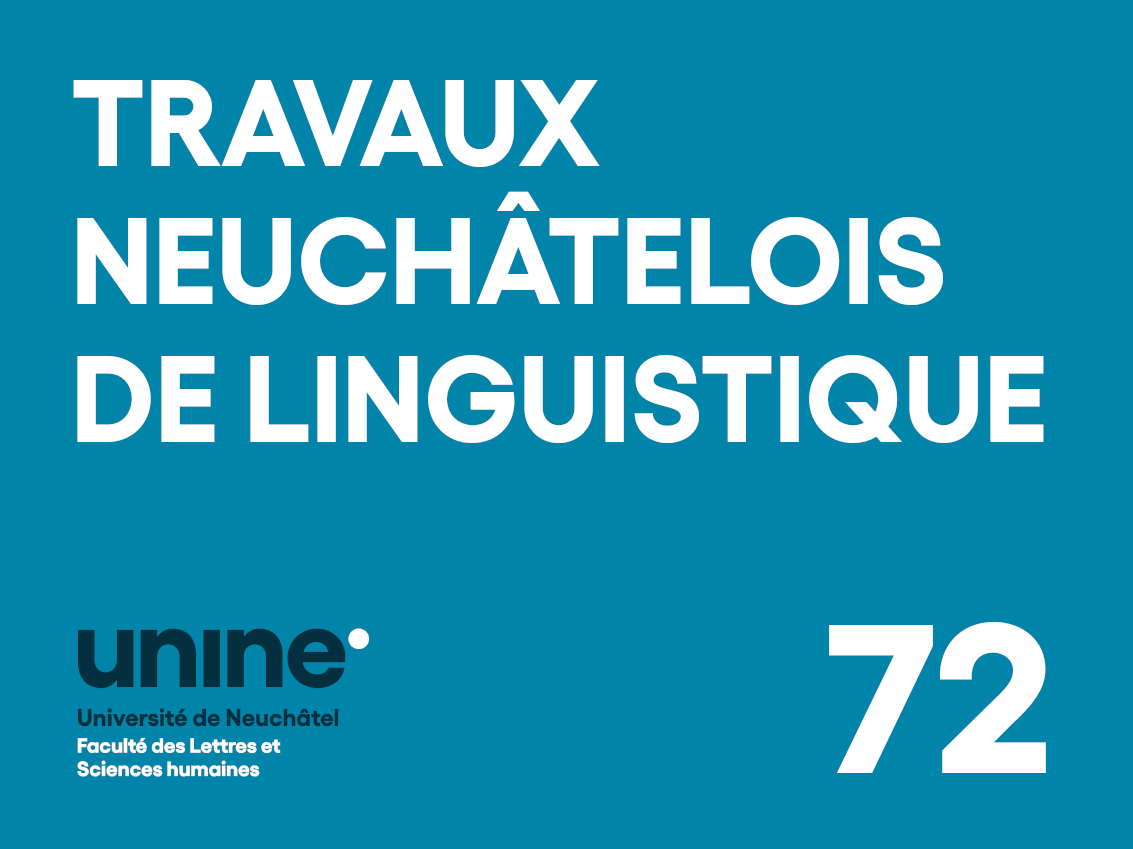Tu sais ('you know') and t'sais ('y'know') in spoken French
DOI:
https://doi.org/10.26034/tranel.2020.2890Abstract
This article examines how French tu sais (you know') is used in everyday talk-in-interaction. In standard grammar, savoir ('to know') is described as a transitive verb. In spoken language, however, the complement of savoir in 2nd person singular is often not realised. Without its complement, tu sais can occur in various positions within a turn-constructional unit. Prior research has shown that the change in position entails a change in function. I adopt the approach of Interactional Linguistics to demonstrate that position is not the only relevant factor when it comes to tu sais. Analysing 43 French conversations, I show that the activities speakers are involved in and the degree of morpho-phonological reduction of tu sais may also be decisive factors for how tu sais contributes to the organization of social interaction. The non-reduced forms occur in activities where knowledge is negotiated whereas the reduced forms occur during assessment activities.Downloads
Published
2020-01-01
How to Cite
Fielder, S. (2020). Tu sais (’you know’) and t’sais (’y’know’) in spoken French. TRANEL, (72), 1–29. https://doi.org/10.26034/tranel.2020.2890
Issue
Section
Article varia


